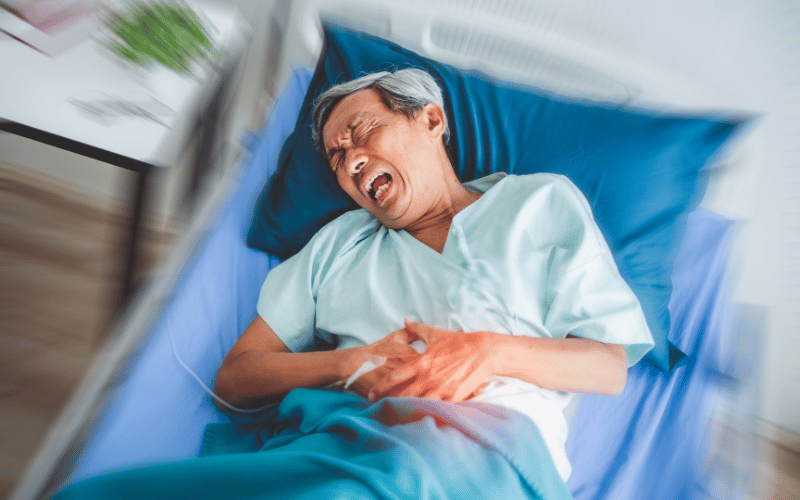Introduction: The Importance of Identifying Ulcerative Colitis Flare-Up Symptoms
Ulcerative colitis (UC) is a chronic inflammatory bowel disease that primarily affects the large intestine, or colon. It causes inflammation and ulcers in the inner lining of the colon, leading to symptoms like abdominal pain, diarrhea, and rectal bleeding. Although UC is a lifelong condition, many people experience periods of remission followed by flare-ups, during which symptoms become severe and disruptive.
Understanding the signs of an ulcerative colitis flare-up is crucial for managing your health and seeking appropriate treatment. Recognizing these symptoms early on can help you take action to mitigate their severity, maintain a better quality of life, and potentially prevent complications. In the following sections, we’ll delve into the top 10 symptoms of a UC flare-up and provide tips on how to manage these symptoms and maintain a healthy, active lifestyle.
1. Abdominal Pain and Cramping: A Classic Sign of an Ulcerative Colitis Flare-Up

Abdominal pain and cramping are among the most common and telling symptoms of a UC flare-up. This discomfort typically occurs in the lower left part of the abdomen and may be accompanied by a feeling of bloating or fullness. The pain often worsens after meals and may temporarily improve after a bowel movement.
The pain associated with UC flare-ups can be caused by several factors. One of the primary reasons is inflammation and ulcers in the colon, which irritate the intestinal lining and cause discomfort. Additionally, the inflamed colon can experience spasms as it tries to move stool through the digestive tract, further contributing to cramping sensations.
To manage abdominal pain and cramping during a UC flare-up, consider making dietary changes to reduce irritation in the colon. This may include eating smaller meals more frequently, avoiding foods that cause gas or bloating, and consuming low-residue foods that are easier to digest.
Over-the-counter medications, such as anti-inflammatory drugs or antispasmodics, may also provide relief. It’s essential to consult with your healthcare provider before starting any new medications or making significant dietary changes. (1)